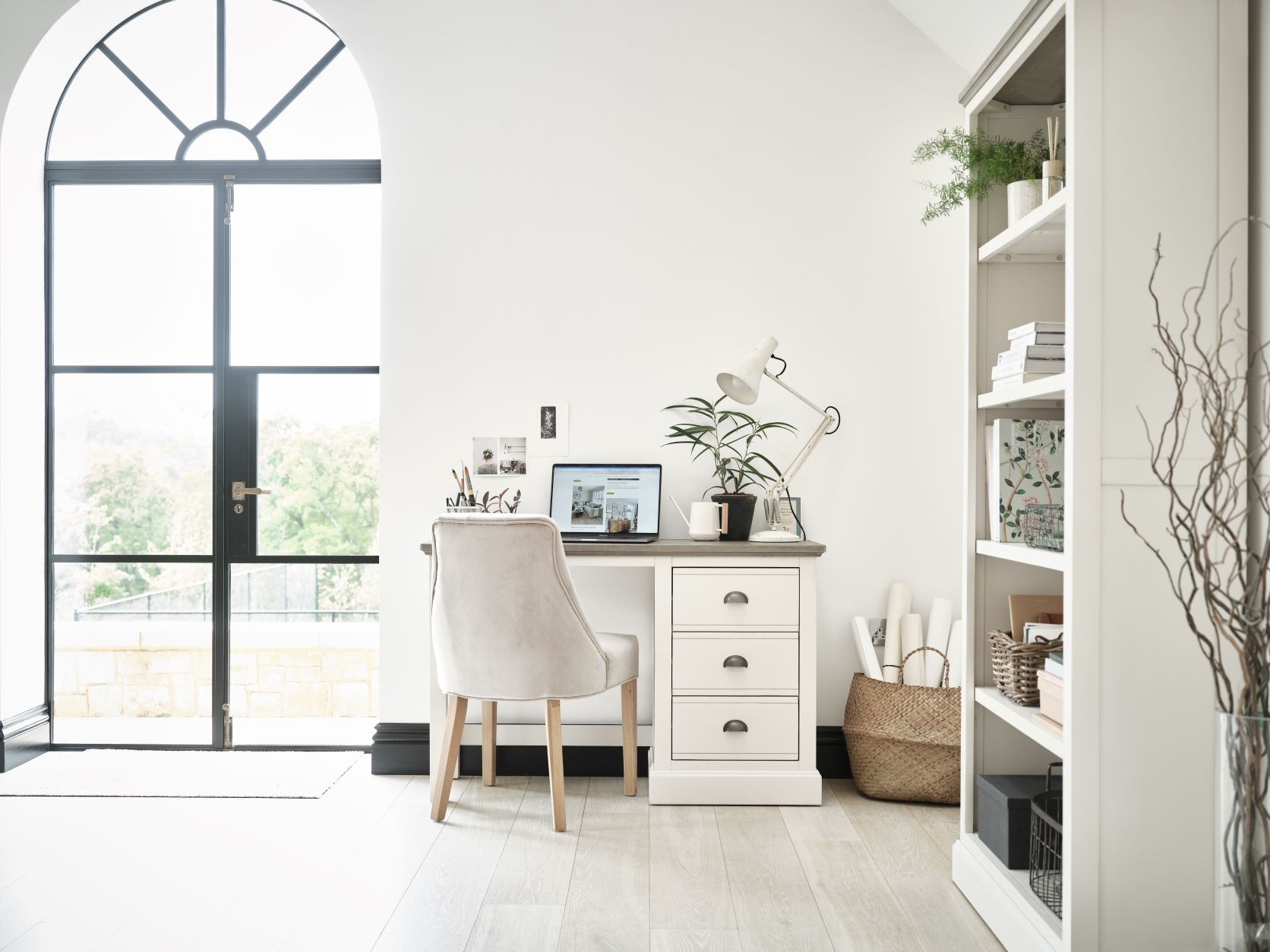As your family grows, or your situation changes, you might feel like the home that was once the perfect fit is now feeling a little restrictive. If you’re one of the nearly 5 million UK homeowners thinking of moving or improving, we’ve got some advice and expert opinions that could help you decide.
Things to consider when deciding whether to move or improve
- The first thing to consider is the cost of moving house, including securing a mortgage, finding a conveyancer, changing over your utility providers and so on. It’s also worth looking at the cost of hiring a professional remover to pack and transport your belongings safely.
- You should also invest some time researching your local property market as well as the potential for new developments in the areas you’re considering, such as sizeable transport hubs that might impact negatively on your new neighbourhood.
- If you’re weighing up the possibilities of improving your home, check what the planning regulations are in your area. You can view the government’s Planning Portal for information on costs and restrictions relating to both planning and building control. Take into account that you may need to factor in the costs of architect and structural engineers as well as the builders themselves. And don’t forget to include your VAT, which is charged at 20% on all construction work.
- Next, start collecting quotes from local tradespeople. Consider how much each job could add to the value of your property as this could put you in a much better situation when you do finally decide to move. For example, if you have unused outbuildings such as barns on your property, renovating them could provide you with substantial rewards, and there may even be local grants for you to take advantage of. Find out more about how to add value to your home before selling.
Above all else, think carefully about what you want to accomplish by moving or improving. Is your goal more space? Are you looking for a better or more convenient location? Is it simply a different type of home you want, or more spare income to play with? A local estate agent should be able to advise on the best course of action for your situation, based on the property values in your local area and market trends. Ask friends and colleagues, too. The more insider information you have, the easier it will be to make the right decision for you.
Estimated costs of moving house
It’s important to consider the costs involved with moving, as Jon Pritchard, Loft Conversion Specialist confirms. “In 2018 the average cost of moving house if your home was worth around £230k was more than £10,000 – that’s assuming you were buying a similarly priced house. A large chunk of that is estate agent’s fees and stamp duty! Ten thousand pounds could, instead, be invested in the house you already own.”
Moneysupermarket has put together an excellent cost of moving home calculator which should help you get your budget in order.
How to make moving easier
If you’ve decided it’s the right time to move home, here are a few hints to help smooth your journey.
- Don’t leave packing until the last minute and prioritise the least-used rooms. It almost always takes longer than you think and the extra time is an opportunity to declutter.
- Don’t greet your new home on the back foot. Give it a good clean before you arrive, and invest in extra lightbulbs, just in case.
- Label all boxes with the room they’re destined for. You could also prioritise them for unpacking to avoid overwhelming yourself. The most important kitchen and bathroom items first, for example.
- Attach screws, bolts and other paraphernalia to the furniture in question.
- Sort out your utilities, change of address and post redirection as early as possible.
For more moving advice take a look at our collaboration with moving experts Pickfords.
Things to consider before improving your home
Moneysupermarket reports that nearly twice as many Brits believe extending their property is a better decision financially than moving to a new home, with less than a quarter saying moving is a good financial choice in the current property market.
In addition to the above considerations, have a clear idea about your long term goals for the improvements. Are they to make your home more comfortable for you, or to make it a more profitable sale in the future? Once you’ve clarified your goals, set a realistic, itemised budget, calculate the return on investment and plan how you’ll finance the project. Then check and double check the aforementioned planning regulations and obtain all necessary documentation, as well as robust insurance.
Before booking any work with your well-researched tradespeople, have a think about timings. You and your neighbours will probably be inconvenienced by the planned work. Are there better times for this to be done? If you’re hoping to do some of the work yourself, be careful you don’t bite off more than you can chew. Building projects have a nasty habit of overrunning.
Tim and Jo, the restoration couple, are currently restoring their house, kindly shared this advice if you plan to tack home improvements yourself; “Our renovation has been 95% DIY with just electrical work and some plastering done by others. With 3m ceilings, you soon learn that skimming ceilings is best left to the pros! Some of the easiest things which most people can do are perhaps the most unenjoyable. Tearing out old ceilings and walls, stripping wallpaper, insulating floors and roofs. All very repetitive quite simple tasks but ones that take lots of time, so there are lots of savings to be made if DIY.”
Looking for some extra tips? Take a look at our ideas for best home improvements for any budget.
Estimated costs of home improvements and extensions
As mentioned, improvement costs need to be weighed up with your return on investment and inline with your goals. Here are a few costs to start you off, and remember some of these options, such as garage and loft conversions present good opportunities for DIY savings.
- A loft conversion will likely cost upwards of £15,000.
- Converting your garage could start from as little as £5,000.
- Building under a new extension can cost around £1,000 per square metre.
- Building under an existing building can cost around £2,000 per square metre.
- It may cost around £500 per square metre to convert an existing cellar into a habitable space.
Home improvement tips and ideas
Whether or not your budget runs to conversions or extensions, there are plenty of ways to improve your home without too much investment. Painting the walls or refreshing your furniture can truly breathe new life into your home. Perhaps there’s a room in your home that just gets your goat. Tackle that ageing bathroom or dowdy kitchen first and then let inspiration flow for the next room. If you’re looking for some quick fixes, adding some new accessories like mirrors or clocks, or give your bookcases an overhaul.
Interior designer Zoe Hewett, gave us some tips on adding value to your home. “Kitchens and bathrooms, particularly ground floor toilets, are definitely key ways to add value to homes. With an ageing population, it is wonderful not to have to go upstairs for a tinkle every time. As kitchens and bathrooms involve so many services and trades they are the most complex to design and install so getting these right so that they last a long time is paramount.”
Whatever route you decide to take, we hope you’ve found these tips useful. Share your tips and photos with us over on Instagram using #OakFurnitureland and make sure you follow us for more how-tos and decor inspiration.

